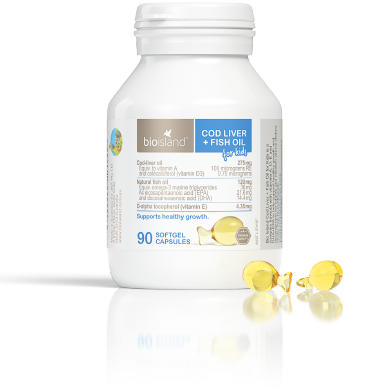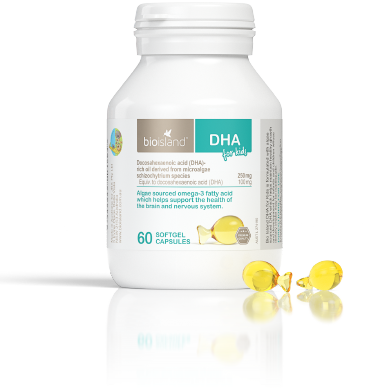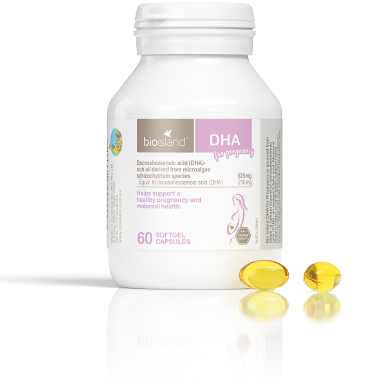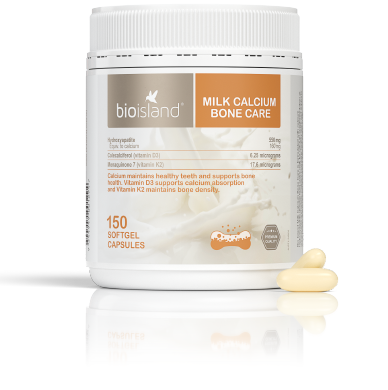
How coffee, tea and wine affect your heart
As many as 80% of adults consume some form of caffeine each day. So, is that daily cup a stimulant or stressor to your heart?
By Bio Island Nutrition Team
There is a lot of information out there about the impact that different foods have on our heart, but what about the drinks we consume? While water will always come out on top as the best liquid for our overall health, what impact do drinks like coffee, tea and wine have on our cardiovascular health?
Coffee
As many as 80% of adults consume some form of caffeine each day through different forms such as tea, soda, chocolate and mainly coffee. So, is that daily cup a stimulant or stressor to your heart? Well, the evidence is divided. Coffee certainly provides us with some health benefits such as increased energy, improved mood, mental focus, and increased metabolism. Habitual coffee drinking has even been associated with a lower risk of developing atherosclerosis. What is important to consider however is how you drink your coffee, how quicky you metabolise caffeine, and if you have any pre-existing complications such as heart arrhythmias.
We all know how important a healthy diet is for the heart and how foods high in salt, fat and sugar can negatively impact our arteries and blood vessels. It is for this reason that you should pay attention to how you are drinking your coffee, especially if you’re adding ingredients like sugar and cream that can cause weight gain and increase cardiac risk. You should also pay close attention to how coffee makes you feel, as some people are slow metabolisers of caffeine and are more likely to experience heart palpitations and insomnia. The general consensus is that a healthy adult should drink no more than 400mg of caffeine per day, which is the rough equivalent to 4 cups of coffee. Pay attention to the effects of coffee, which usually start within an hour of consumption, if you begin to get jittery or have heart palpitations you may be a slow metaboliser and should reduce your caffeine intake.
The basic takeaway is that coffee has been shown to have many health benefits and even heart-protective effects however, this varies between individuals and depends on the way you drink it, the amount you are consuming, and your individual metabolism. Moderation is key and if you have any pre-existing heart conditions such as heart arrhythmias it is best to reduce your caffeine consumption as the risks outweigh the benefits.
Tea
When it comes to tea and heart health, the most important question to consider is what type of tea? With only a few calories per serving, tea is full of antioxidants which are associated with lowering blood pressure and improving heart health. Interestingly, several studies have shown an association been tea drinking and a reduction LDL cholesterol and blood sugar levels. It is important to note however that here are differences between the type of tea you are drinking - for example black tea contains more caffeine than green tea, which has a better antioxidant profile than black tea.
Like coffee, the impact that tea has on your heart health greatly depends on what you add to it. Try to avoid adding sweeteners like sugar or honey to your tea and limit the amount of milk you put in, as this only increases the calories you consume and can negate any health benefits or even increase the risk of heart disease. It is also important to ensure you are not consuming excessive amounts of tea, as large amounts can lead to increased anxiety, insomnia, and restlessness, especially if you are a slow caffeine metaboliser.
Wine
Another drink that has long been linked to heart health is red wine. While the links are not clearly understood, it is thought that the antioxidants (known as polyphenols) in red wine may help to increase HDL cholesterol, therebyprotecting the arteries from building up cholesterol and lowering the risk of heart disease. Resveratrol is another ingredient in red wine that has been linked to heart health as it has been shown to reduce LDL cholesterol and lower the risk of inflammation and blood clots. Research into the effects of resveratrol is limited however and some studies have found no cardiovascular benefits.
When it comes to other types of alcohol such as white wine and spirits, studies have shown that moderate amounts may be beneficial to heart health however, regular consumption of large quantities can be very damaging to your heart and overall health in general. This is because alcohol consumption is associated with increased weight gain, organ failure, and can greatly increase your risk of developing high blood pressure, heart failure and stroke.
The general consensus is that red wine has shown to have some beneficial effects, but alcohol should always be consumed in moderation, with The Australian Dietary Guidelines recommending that healthy adults drink no more than 10 standard drinks a week and no more than 4 standard drinks on any one day.
This information does not take into account your personal situation and is general in nature. You should consider whether the information is appropriate for your needs and seek professional medical advice.
Always consult your healthcare professional before taking any supplements or if any concerns arise.




